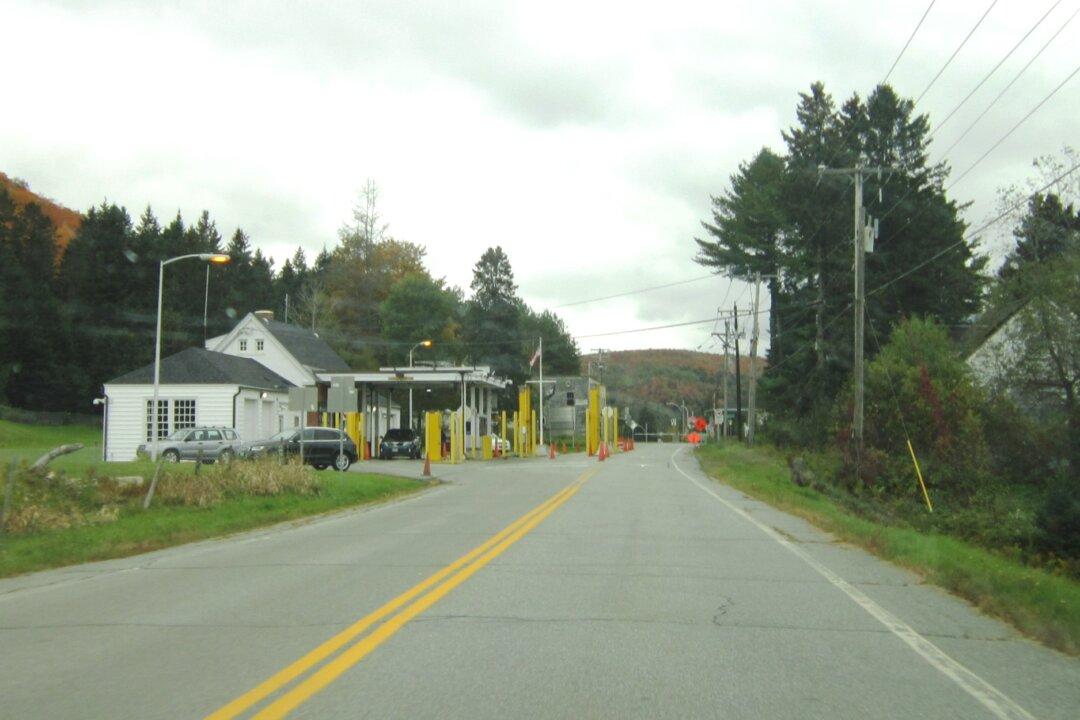Evidence seized by U.S. Customs and Border Patrol (CBP) agents in a warrantless vehicle search near the international border with Canada cannot be used in state prosecutions, a divided Vermont Supreme Court ruled on Sept. 24.
Vermont’s high court rebuked the CBP.





